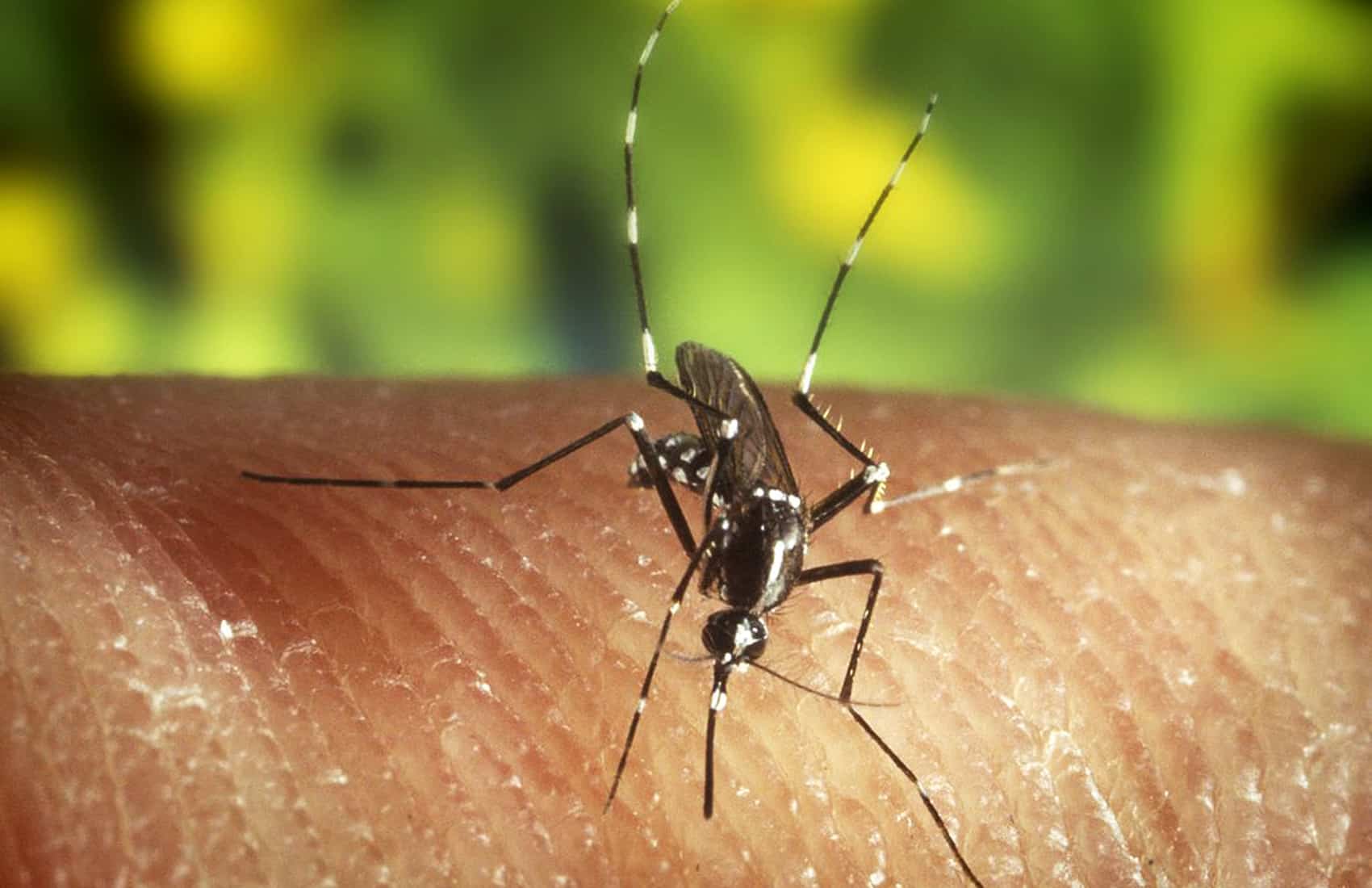Over the weekend, the Public Health Ministry confirmed the first local case of the chikungunya virus in the Pacific coastal town of Parrita. This marks the first time the mosquito-borne virus has been locally transmitted in Costa Rica, according to Dr. Daniel Salas of the ministry’s health surveillance department.
The news agency EFE reported that a mosquito likely transmitted the virus to the 56-year-old woman via a houseguest who had traveled to the Dominican Republic and came down with the virus there, according to María Ethel Trejos, health surveillance director for the ministry.
Salas told The Tico Times that the presence of the virus has led the Health Ministry to step up fumigation efforts in and around Parrita, located between the tourist hotspots of Jacó and Manuel Antonio National Park. to stop its spread. The doctor said that people should clean up trash, tires and pots where standing water accumulates, in order to eliminate mosquito breeding grounds.
Chikungunya is a virus transmitted by Aedes aegypti and Aedes albopictus mosquitoes, and shares many of the same symptoms as dengue: high fever, headaches, muscle and joint pains, nausea and rashes. The symptoms, however, are more aggressive than dengue and can persist for up to 10 months.
The first confirmed case of the virus in Costa Rica was in July, when a French tourist who had traveled to the Dominican Republic tested positive. So far during 2014 there have been 18 confirmed cases of chikungunya and one case under review; all imported, until now.
There have been 115 confirmed cases of the virus in Central America this year, but more than 16,000 suspected cases, mostly in El Salvador, according to figures from the Pan American Health Organization (PDF). The virus, originally from Tanzania, has been found across the Caribbean, especially in the Dominican Republic, Central and South America, and in the United States.






